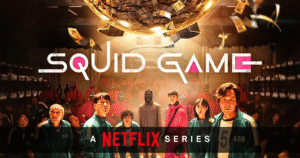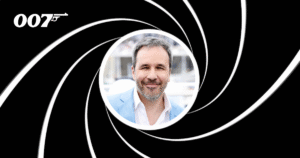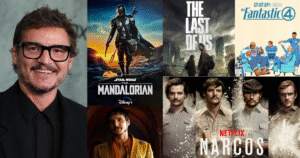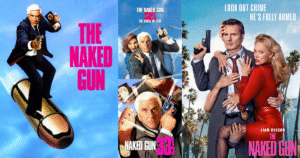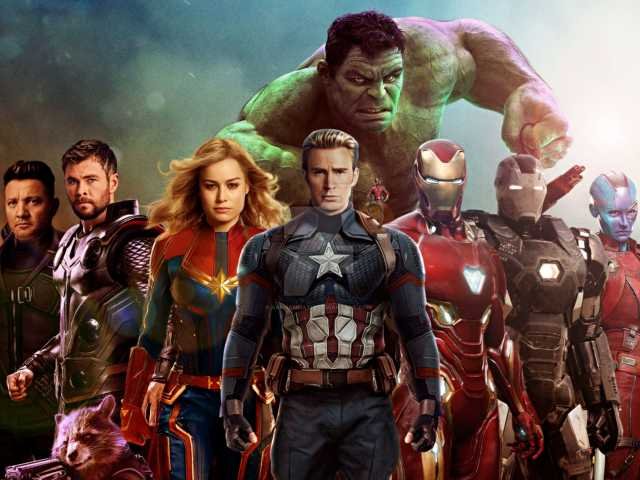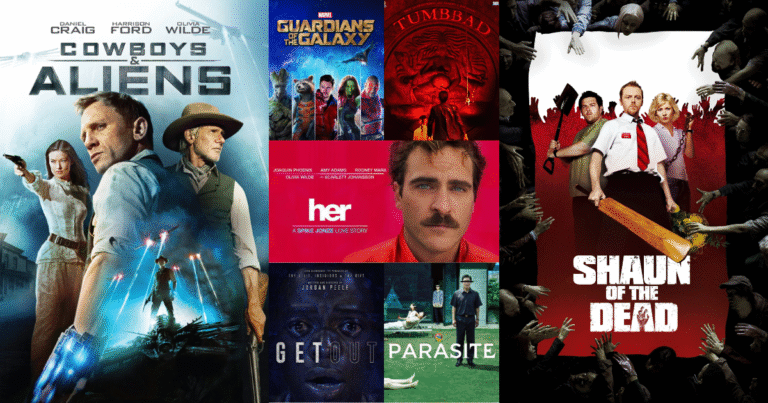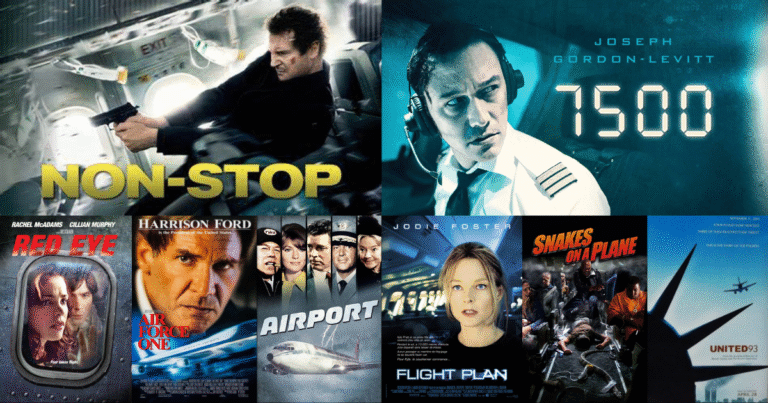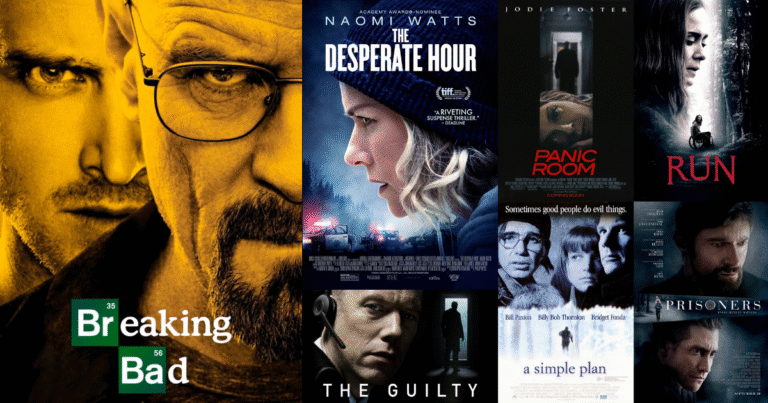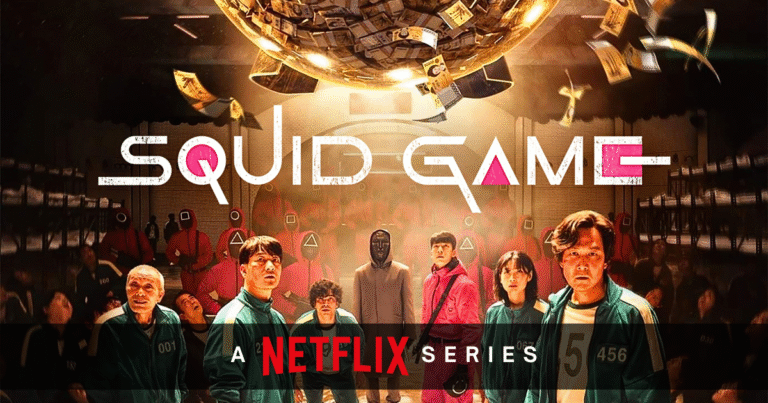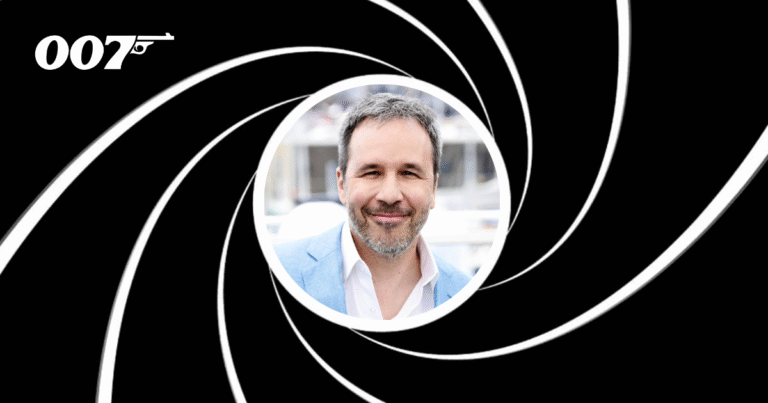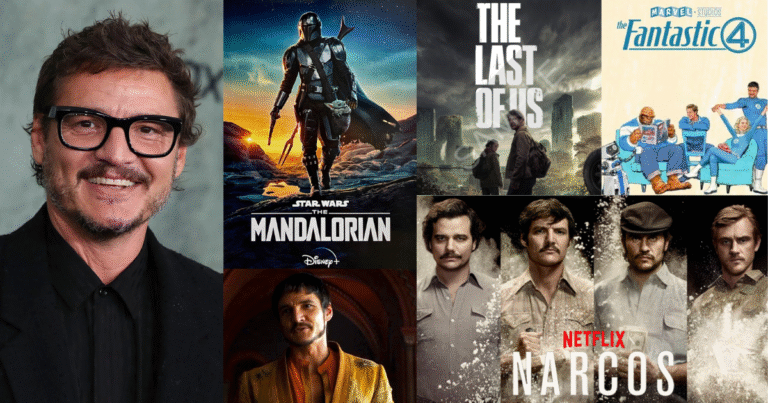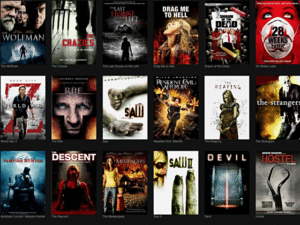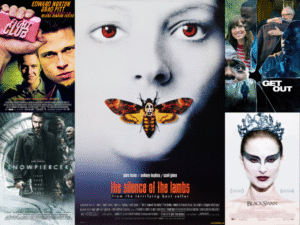Superhero movies have been a major part of popular entertainment for the last two decades. From Iron Man and The Dark Knight to Avengers: Endgame and Spider-Man: No Way Home, these films have dominated the box office. Fans once lined up eagerly to watch their favorite heroes save the world. But lately, something seems to have changed. People aren’t as excited anymore. Box office numbers have started to drop, reviews are getting mixed, and more viewers are saying, “Not another superhero movie!” So, the big question is: are we finally facing superhero fatigue?
The Rise of the Superhero Era
It all began in the early 2000s when superhero films started becoming more than just niche stories. X-Men and Spider-Man were early hits, but everything changed with the launch of the Marvel Cinematic Universe (MCU) in 2008. Iron Man kickstarted a new chapter in film history. Suddenly, superhero films were not just action-packed—they were part of a bigger world. Each movie connected to the next, building anticipation over years. DC also jumped in with its own universe, creating darker, more serious stories with characters like Superman, Batman, and Wonder Woman.
The formula worked for a long time. People loved seeing familiar faces, big action scenes, and emotional endings. Superhero movies became events. Studios kept producing more and more, and fans kept showing up.
Too Much of the Same Thing
One reason for superhero fatigue is simple—there are just too many of them. What used to feel special now feels routine. When audiences were getting one or two superhero movies a year, it was exciting. But now, we often get four or five in a single year, across different platforms. There are movies, TV shows, spin-offs, prequels, sequels, and multiverse stories. It’s become hard to keep up, and even harder to care.
Repetitive plots are also a problem. Many superhero stories follow the same path. A hero gains powers, faces a villain, struggles with identity, and then saves the day. While these stories still have heart, the surprises are gone. Audiences can often guess what’s going to happen next, and that makes the experience less engaging.
Not Enough Real Stakes
Another reason why viewers are losing interest is because the stakes no longer feel real. In the earlier superhero films, when a character was in danger, we truly worried. Now, with multiverses and time travel, characters die and then come back. Nothing feels final. This removes the emotional weight. It’s harder to feel attached when you know that a character who “died” might return in the next movie.
Also, heroes are often too powerful. When a character can fly, shoot lasers, stop time, and punch through buildings, it becomes hard to feel tension. The bigger the powers, the harder it is to tell meaningful stories. Some fans are craving more human, grounded stories where actions have consequences.
Quality Over Quantity
Let’s be honest—some superhero films in recent years just haven’t been great. When the focus shifts to making more content instead of making good content, the result is clear. We get weaker scripts, less polished effects, and flat characters. Many of these movies are made just to build up to the next film or TV series. Instead of telling a full, satisfying story, they often feel like placeholders. This leaves viewers feeling unsatisfied.
Audiences are smarter than ever. They want good storytelling, interesting characters, and fresh ideas. When they don’t get that, they turn away.
The Role of Streaming Platforms
Streaming platforms like Disney+ and HBO Max have also added to the superhero load. Shows like WandaVision, The Falcon and the Winter Soldier, Loki, and others expanded the superhero universe into television. While some of these shows were well-made, the constant need to stay updated has left fans feeling burnt out. It now feels like homework to watch every series just to understand the next movie. That’s a lot to ask from casual viewers.
A Shift in Audience Tastes
As times change, so do audience interests. People are now looking for more variety in their entertainment. They want thrillers, true stories, horror, sci-fi, and feel-good dramas. Many moviegoers are turning to non-superhero films that feel new and different. Look at the success of films like Everything Everywhere All At Once, Oppenheimer, and Barbie. These movies offered bold stories and original ideas—and audiences showed up in big numbers.
This doesn’t mean superhero movies are dead. But it does mean that the golden age may be slowing down. To stay relevant, superhero films must evolve. They must focus on storytelling rather than just explosions and cameos.
The Future of Superhero Films
There’s still hope for superhero movies, but it’s time for a fresh approach. New characters, new voices, and new stories can help bring back the excitement. Studios need to stop thinking of these movies as just part of a giant puzzle and instead treat each one as a complete story.
Films like Joker showed that superhero-related stories can be deep, emotional, and different from the usual style. Logan gave us a raw, touching farewell to a beloved character. These films broke the mold and proved that superhero stories can be powerful when told with care.
Diversity in stories and talent will also play a role. Audiences want to see heroes from different backgrounds and experiences. They want stories that reflect the world they live in today. If superhero films can adapt to this, they’ll remain relevant and exciting.
In Conclusion
Yes, superhero fatigue is real. Years of non-stop content, repeated plots, and a focus on quantity have worn out some fans. But that doesn’t mean the genre is finished. Like any other style of film, superhero stories just need to grow, change, and be handled with creativity and passion.
People will always love good stories. If superhero movies can focus more on characters and less on CGI battles, they can win hearts again. It’s time to slow down, tell better stories, and remind audiences why they fell in love with these heroes in the first place.
